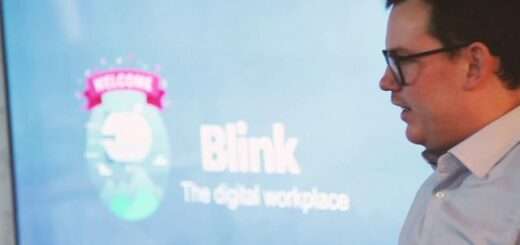Mark Lyttleton: How to Be an Effective Entrepreneur
Angel investor, business mentor and professional speaker Mark Lyttleton supports founders of early-stage companies, providing not just professional insights but also personal advice, helping entrepreneurs to negotiate the challenges and stresses involved in establishing and growing their businesses. This article will outline the skills and mentality required to build a successful business.
Successful entrepreneurship requires founders to forge their own paths. Rather than relying on luck, business leaders have to be persistent, finding an audience to serve by learning their market inside out and keeping a keen lookout for potential challenges and opportunities.
In terms of the key to successful entrepreneurship, there is no single cookie-cutter answer that applies universally to all. However, inexperienced founders can stack the odds in their favour by following a few simple rules.
Hire Competent Staff and Delegate
A major stumbling block for many entrepreneurs is the reluctance to relinquish control over certain aspects of their business, with the entrepreneur trying to do it all by themselves. However, it is crucial for business leaders to adopt a realistic attitude, identifying their own strengths and weaknesses and delegating tasks that could better be fulfilled by others. This frees up entrepreneurs to concentrate on the aspects of running their business that they bring the most value to.
Sometimes, it takes the entrepreneur to come to the point where they feel completely overwhelmed before they fully appreciate the importance of effective delegation. Taking on employees is a long-term commitment – it is a decision not to be rushed into or taken lightly. However, thanks to the gig economy, there is an abundance of freelancers and contractors that entrepreneurs can turn to today.
Accept That Taking Risks Is an Unavoidable Part of Business
Richard Branson left school at 16 and started selling a student magazine. When that enterprise hit the buffers, he set up a mail-order music business with a phone box as his office, and the rest, as they say, is history.
Fear of failure can quickly lead to inertia, a state that can often be the kiss of death for any early-stage business. Not every business succeeds, and the occasional failure is par for the course for many business leaders. Indeed, some wear it as a badge of honour. Perhaps the concept was just not right, the market climate was wrong or the competition turned out to be tougher than anticipated. Sometimes, completely unforeseeable situations arise, ruining an entrepreneur’s momentum. However, it is crucial for founders to take calculated risks in establishing and growing their businesses.
Work Smarter, Not Harder
Many people associate entrepreneurship with burning the midnight oil: the founder working 18-hour days, eating, sleeping and breathing their business, with little time left for anything else. However, in reality, it is essential for business leaders to strike the right work-life balance, otherwise, they leave themselves exposed to the very real risk of burnout.
Working every minute of every day is simply not enough to ensure an entrepreneur of success. In fact, in all likelihood, such an approach may well be a form of self-sabotage. Overwork leads to fatigue. Fatigue leads to mistakes, which could prove very costly for an entrepreneur in the process of building their business. It is therefore vital to strike the right balance, with business leaders investing in their own personal well-being to help them stay on top of their game.





